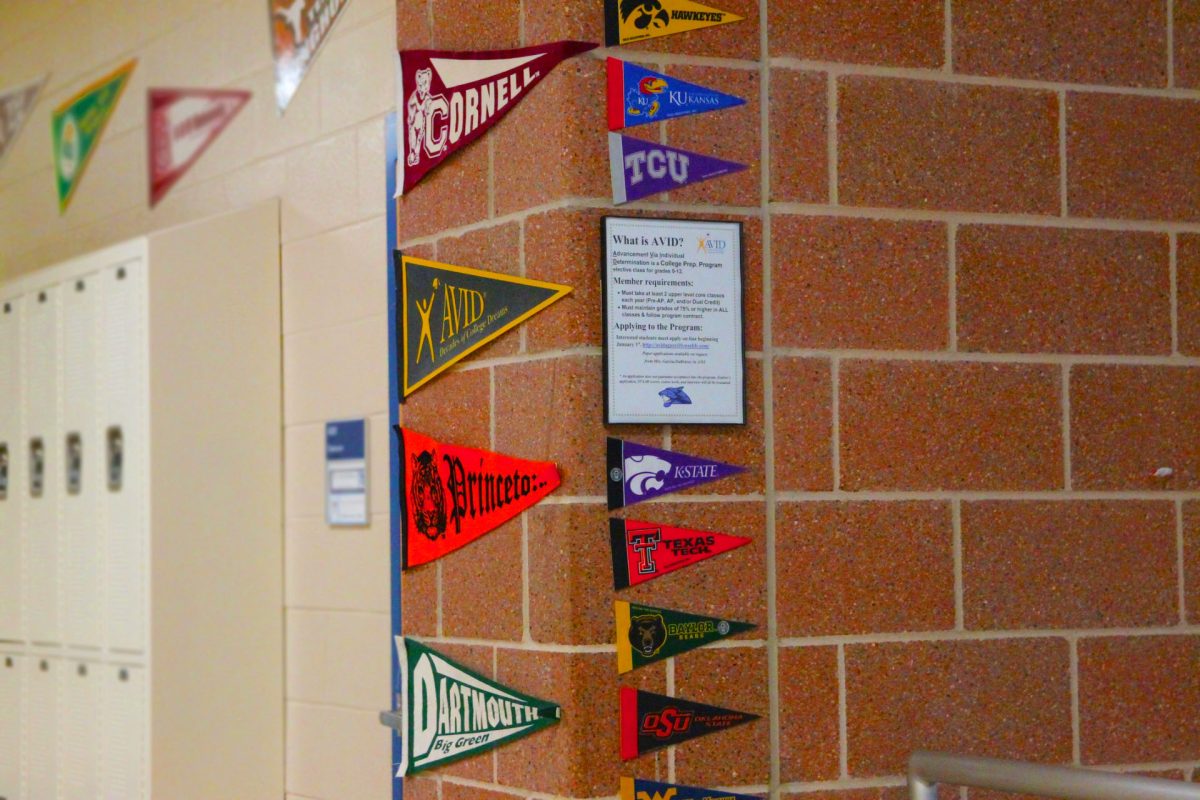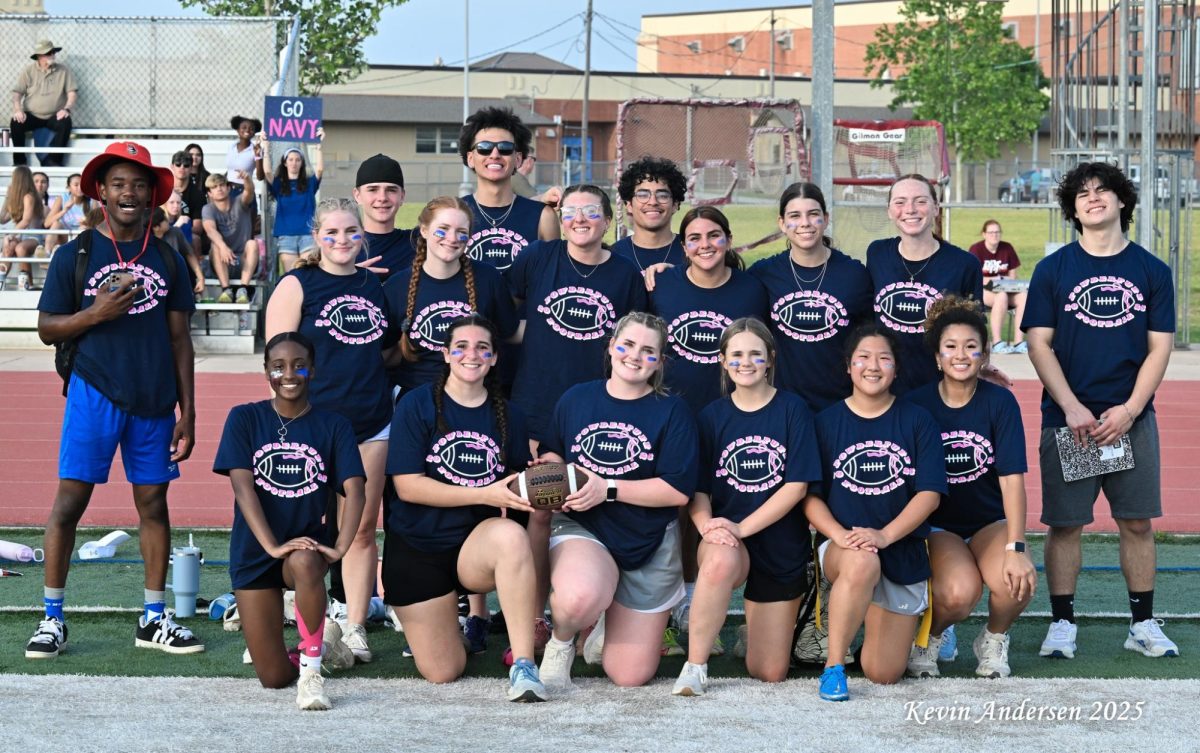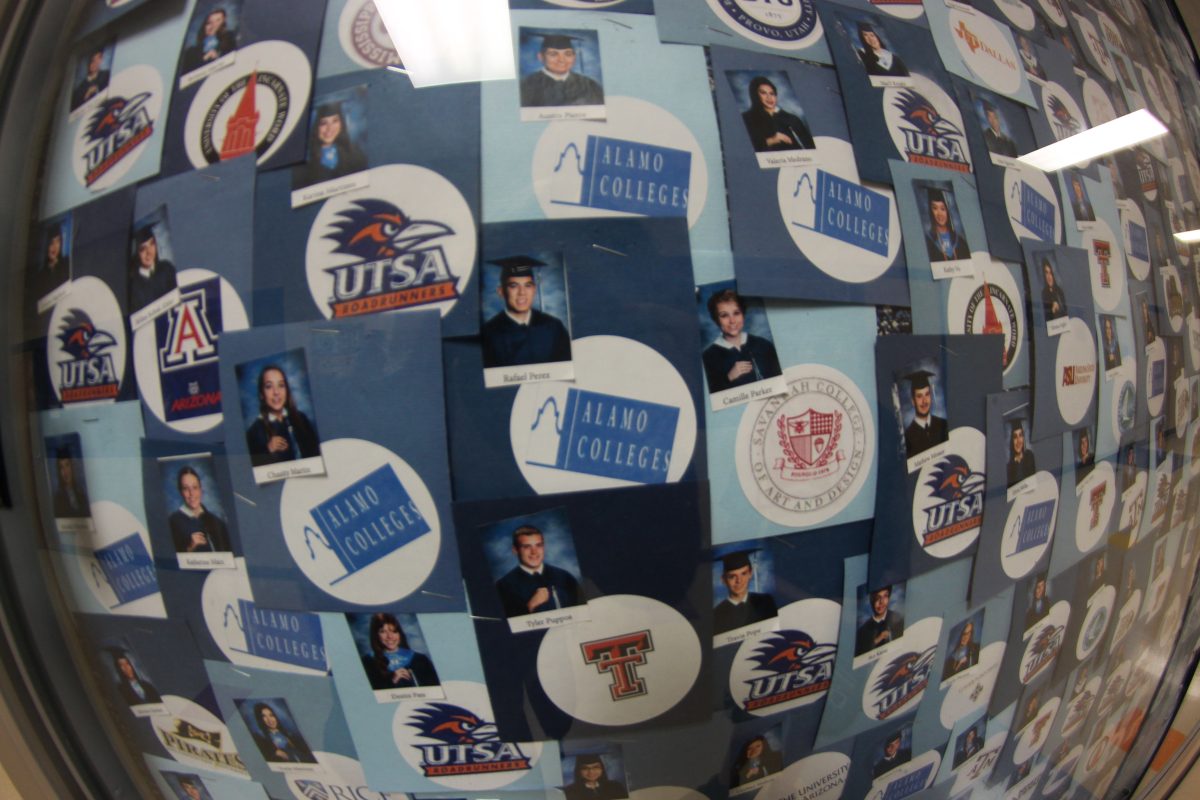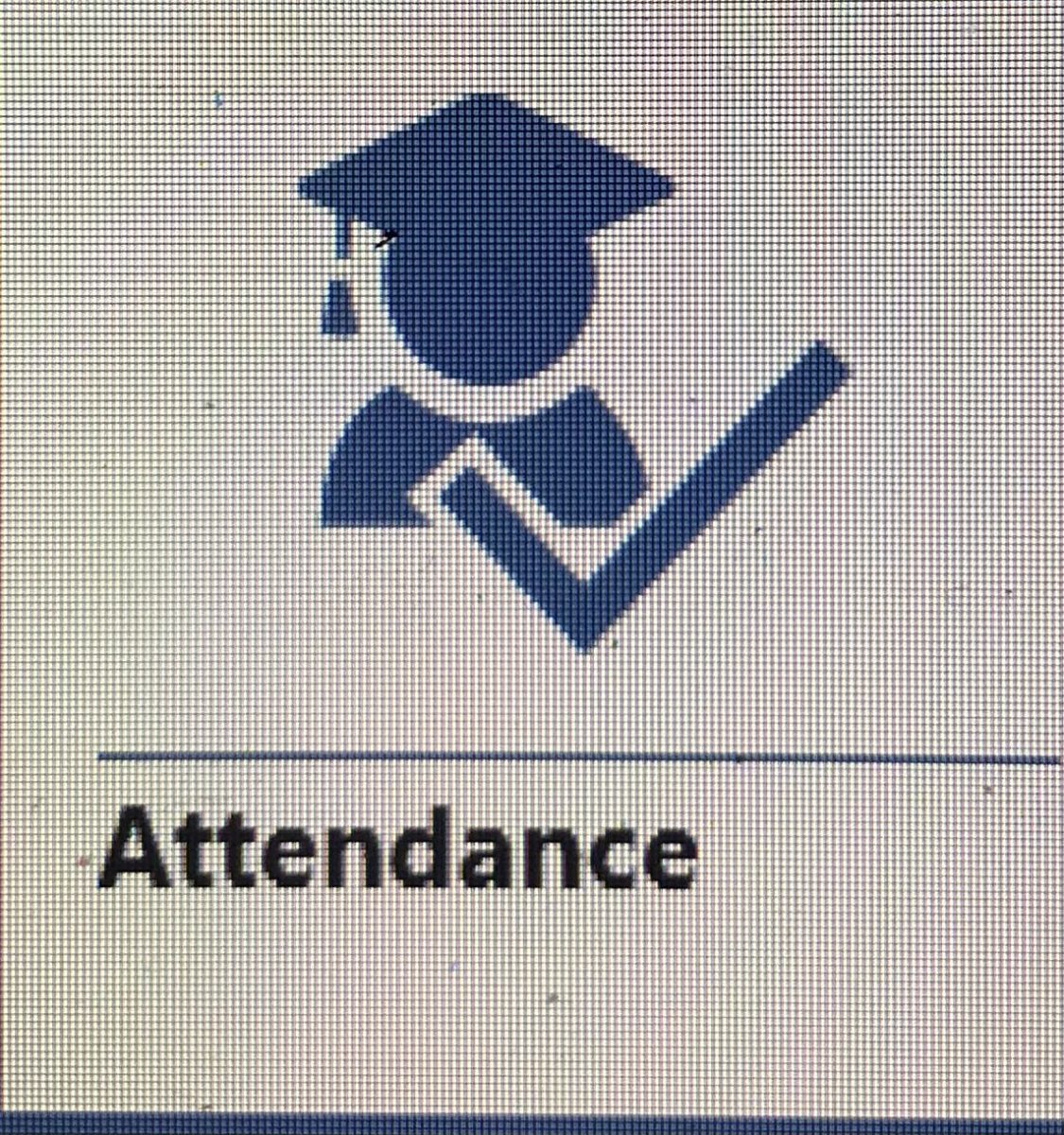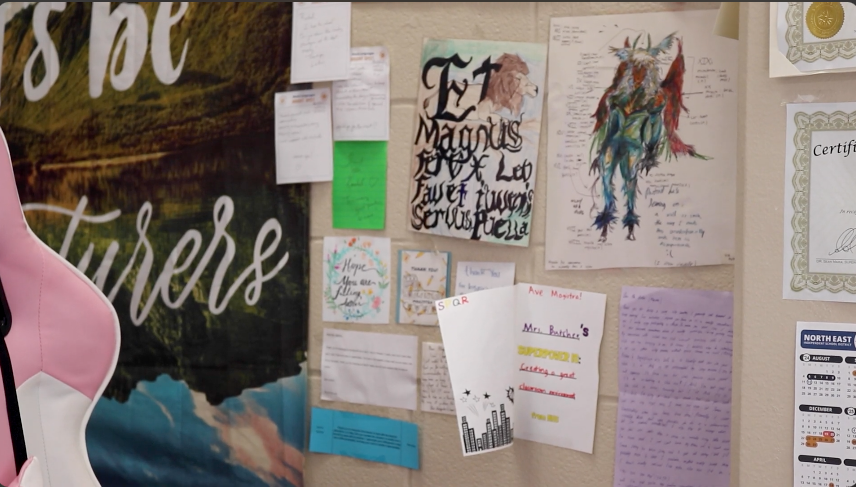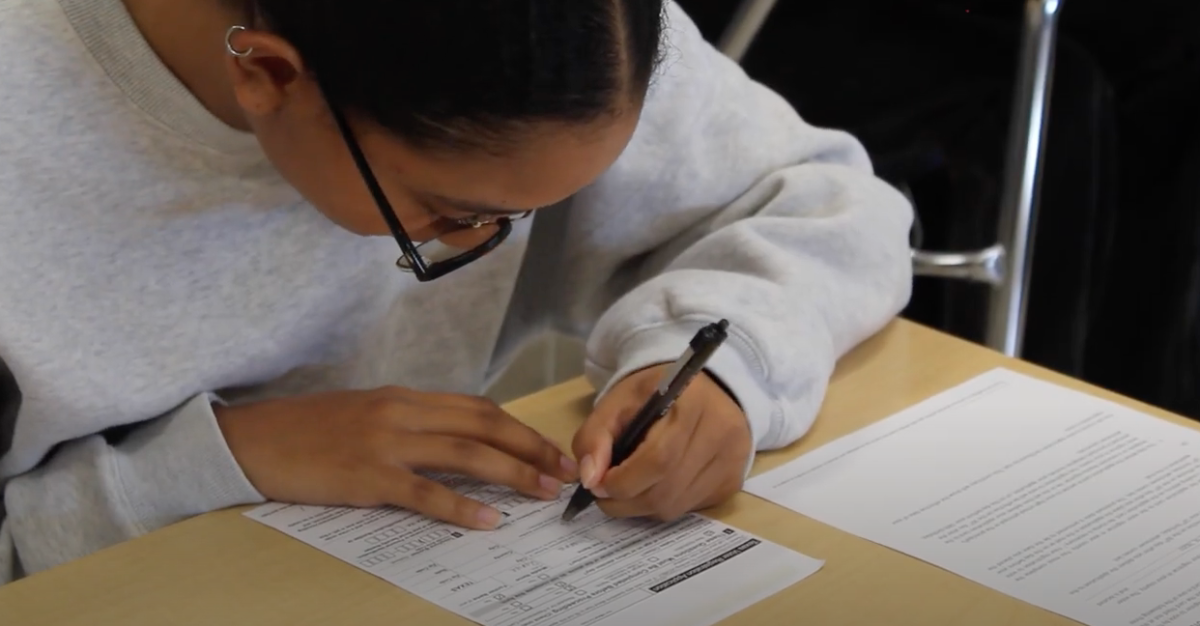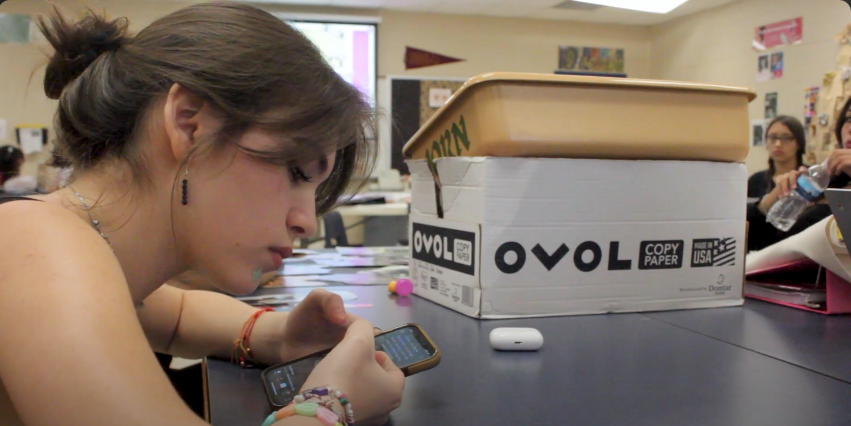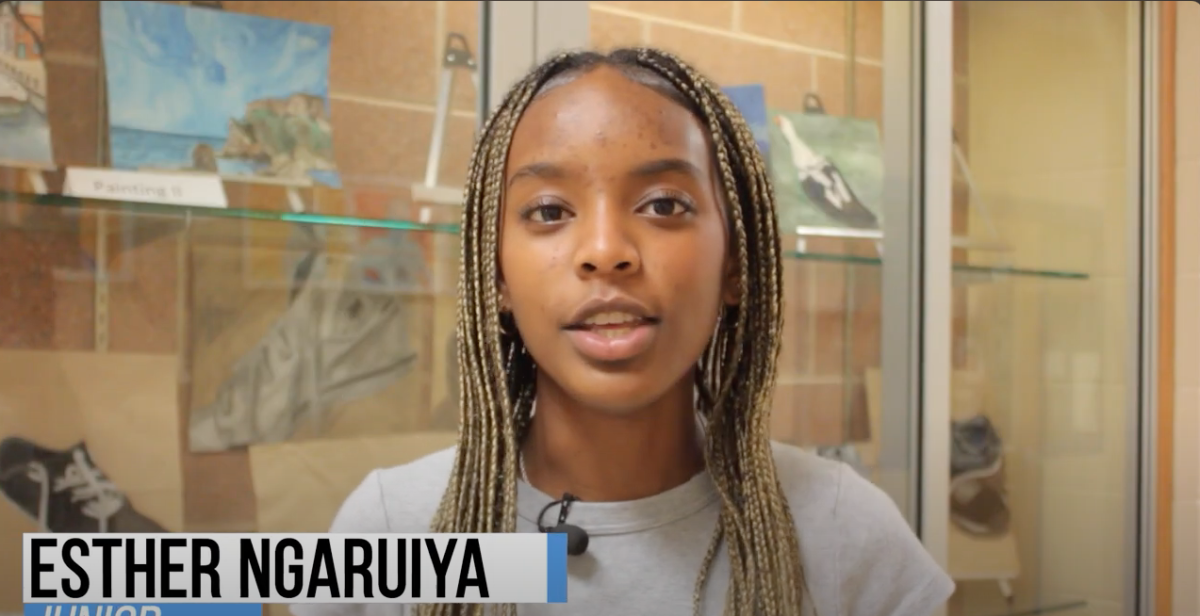staff writer | Lauren Loveless
Spring brings the last minute manic senior search for college applications, but for students like Lawrence Belai, applications aren’t an issue. Instead, he chooses to take a year to acclimate to adult life before going to university.
“[Highschool] ruins you, especially junior year-junior year is a nightmare: you have to go through that whole process of exams, trying to apply to college and in senior year you’re like, what do I do now?” Belai said.
For the seniors who are planning to apply this year, there are still opportunities.
“For most colleges it’s usually a January deadline, however, there is a pretty good list of schools that still have some February deadlines and I saw a few schools that even had some in March and April. So what I noticed was some of the later deadlines are some of the smaller colleges and universities,” head counselor Courtney Tarbox said.
It’s possible to get into some well known colleges, such as Texas Tech and still have a good chance of being enrolled. Sites like bigfuture.org provide dates for when colleges nationwide close their application windows.
“So late application season is usually considered after January, and there’s many schools that have February deadlines; some have March and even April deadlines,” Tarbox said, “a student would really just have to do some research online to see the particular schools that they are looking for that still have rolling admissions, where they will continue to keep open admissions until they fill all of the seats that they need for their next class.”
Good SAT and ACT scores, as well as a high GPA, can give late applicants an advantage against other students with lower scores and grades.
“Of course anytime a student has a good solid GPA that shows that they were a good student and have the ability for learning and being successful in college, they have a better chance of being admitted. Also, if a student may be lower in their GPA but they have a very high SAT or ACT, that’s a college readiness exam, that may show that they are more college ready,” Tarbox said.
However, there are a few uncontrollable disadvantages to acknowledge when applying late.
“The first disadvantage would of course be that potentially their classes have filled up, as far as the number of students they’re accepting or for the major that a student wants; that major may fill up,” Tarbox said, “If they’re applying late they may not get admissions to know if they have been admitted until later, after the student orientations have taken place.”
At the end of the day, whether a student applies late or early does not affect their chances to get into at least one school. Although they may not get in the college they want to, there’s still many other good universities willing to accept late applicants.


